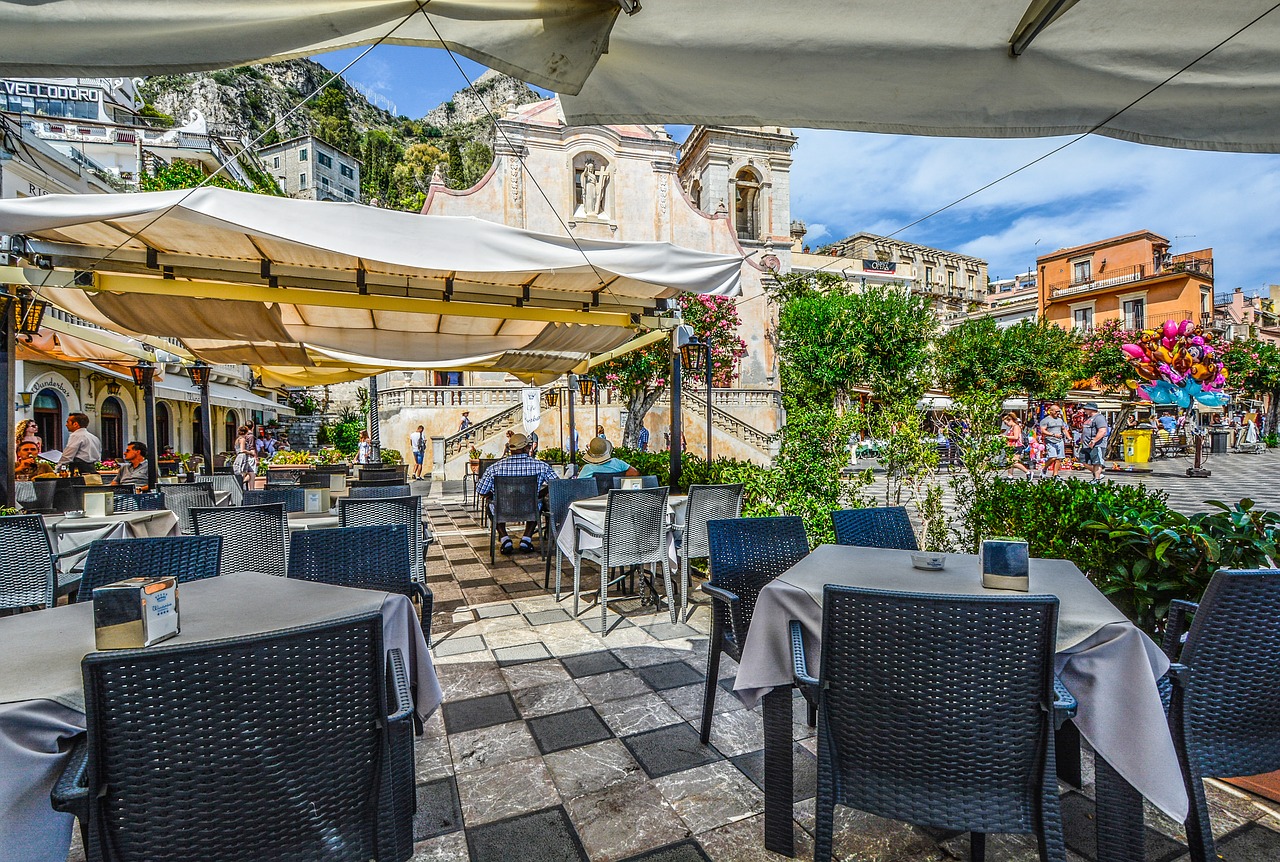
By Administrator_India
Italian shops, restaurants, and churches reopened their doors to spring sunshine on Monday, Greece welcomed visitors back to the Acropolis – and Spain hoped for tourists to return in summer in cautious steps to ease coronavirus lockdowns.
Italians could once again sip their morning cappuccino at the bar, albeit at a distance from one another, in what Prime Minister Giuseppe Conte admitted at the weekend was a “calculated risk” in rolling back the curbs.
“I haven’t worked for two and a half months. It’s a beautiful, exciting day,” said Valentino Casanova, a barman in Caffe Canova in Rome’s central Piazza del Popolo.
Countries around the world, at different stages in the pandemic, are wrangling with decisions on when to ease restrictions, weighing the threat to life against the threat to economic survival. Summer tourism is a major earner for Italy, Greece, and Spain.
World Health Organization chief Tedros Adhanom Ghebreyesus warned countries against reopening too early and said: “We have a long road to travel”.
More than 4.71 million people are reported to have been infected by the coronavirus and 312,826 have died, according to the sources. Italy has the third-highest death toll after the United States and Britain.
In Greece, which has recorded only 156 COVID-19 deaths, people flocked to the seaside on Saturday and were allowed back in church the next day.
On Monday, tourists were allowed back at ancient monuments, including the Acropolis in Athens, where workers wearing masks and plastic face shields reminded the few visitors of social distancing rules as they entered the turnstiles.
“I visited the Acropolis today, a world monument that continues to inspire with its marbles shining under the sun,” said President Katerina Sakellaropoulou.
Spain aims to reopen its borders to tourists around the end of June, Transport Minister Jose Luis Abalos said, after it surprised its EU partners last week by imposing a two-week quarantine on overseas travelers, effectively shutting its borders.
Abalos said it would be phased out in parallel with travel being allowed within Spain, whose regions are all leaving lockdown at different phases.
Neighbouring Portugal reopened cafes, and children wearing masks went back to school for the first time in months.









